The Light Steel Villa represents a revolution in residential architecture, where technical innovation meets the timeless allure of European-American design. This single-story home, complete with a thoughtfully integrated garage, showcases how light steel structure technology can elevate both form and function, creating a living space that is as durable as it is beautiful.
Structural Engineering: The Backbone of Durability
At the heart of the Light Steel Villa is its light steel framework—a marvel of modern engineering designed to exceed industry standards. The steel’s high strength-to-weight ratio allows for slender profiles without sacrificing stability, enabling the open floor plans and expansive windows characteristic of European-American homes.

Key structural performance metrics highlight the villa’s resilience:
| Structural Parameter | Performance Standard |
|---|---|
| Earthquake Resistance | 9-magnitude earthquake-rated |
| Wind Resistance | 70m/s hurricane resistance (above grade 12) |
| Fire Resistance | 1–4 hours (design-variant) |
| Service Life | 50+ years for main structure |
Seismic resilience is achieved through the steel frame’s ductility. During an earthquake, the structure bends and absorbs energy, rather than collapsing rigidly. For regions prone to hurricanes, the villa’s aerodynamic roof and reinforced foundation prevent uplift, while the steel frame’s rigidity resists lateral forces.

Fire safety is enhanced by intumescent coatings that expand when heated, forming a protective layer over steel components. This, combined with fire-resistant interior finishes, ensures the villa meets or exceeds local fire codes, providing peace of mind for homeowners.
Material Science: Quality That Endures
The Light Steel Villa’s longevity stems from meticulous material selection. The steel used in the framework is treated with corrosion-resistant coatings, ensuring it withstands moisture, salt, and other environmental stressors. This treatment, combined with regular maintenance, guarantees the main structure’s 50-year service life.

Exterior materials, such as the brick facade and roof tiles, are chosen for their durability and aesthetic appeal. The brick’s natural resistance to weathering and the tiles’ UV-stable finish ensure the villa’s exterior remains vibrant for decades. Inside, low-VOC (volatile organic compound) paints and non-toxic insulation materials create a healthy living environment, free from harmful emissions.
Comfort and Efficiency: Engineering for Wellbeing
The villa’s commitment to comfort is evident in its acoustic and thermal performance. Exterior walls, insulated with a composite material, block up to 65db of external noise—ideal for homes near busy streets or airports. Interior walls, with 45db insulation, ensure conversations in the living room don’t disrupt a child’s nap in the bedroom.

Thermal efficiency is another standout feature. The 200mm thick composite wall, with a thermal resistance of 3.2m²K/W, keeps interiors warm in winter and cool in summer. This reduces reliance on heating and cooling systems, cutting energy bills by 65% compared to traditional homes. The garage, too, benefits from this insulation, maintaining a stable temperature for vehicles and stored items.

| Comfort & Efficiency Features | Technical Data |
|---|---|
| Exterior Sound Insulation | 65db maximum |
| Interior Sound Insulation | 45db maximum |
| Thermal Resistance (200mm Wall) | 3.2m²K/W |
| Energy Savings | 65% vs. conventional homes |
Sustainability: A Green Approach to Construction
The Light Steel Villa is designed with the planet in mind. The steel structure is 100% recyclable, and the manufacturing process prioritizes recycled content—reducing the carbon footprint by up to 50% compared to virgin steel production. Additionally, the villa’s modular construction minimizes on-site waste, with leftover materials repurposed or recycled.

Water efficiency is another focus. Low-flow fixtures and rainwater harvesting systems (optional) reduce water consumption by 40%, while native landscaping (as seen in the image) requires minimal irrigation. These features not only lower utility bills but also contribute to the villa’s eligibility for green building certifications, such as LEED or BREEAM.
Construction and Customization: Speed and Flexibility
The villa’s prefabricated construction process is a game-changer for efficiency. Wall panels, roof trusses, and garage components are manufactured in factories, where precision machinery ensures consistent quality. This off-site production allows for parallel work: while the foundation is laid, the steel frame and interior modules are being assembled.
The result? A construction timeline of just 3–4 months, compared to 9–12 months for traditional builds. The garage, integrated into the design from the start, is built in sync with the main house, ensuring a cohesive finish. Homeowners also enjoy customization options—from interior layouts to exterior finishes—allowing them to tailor the villa to their unique tastes.
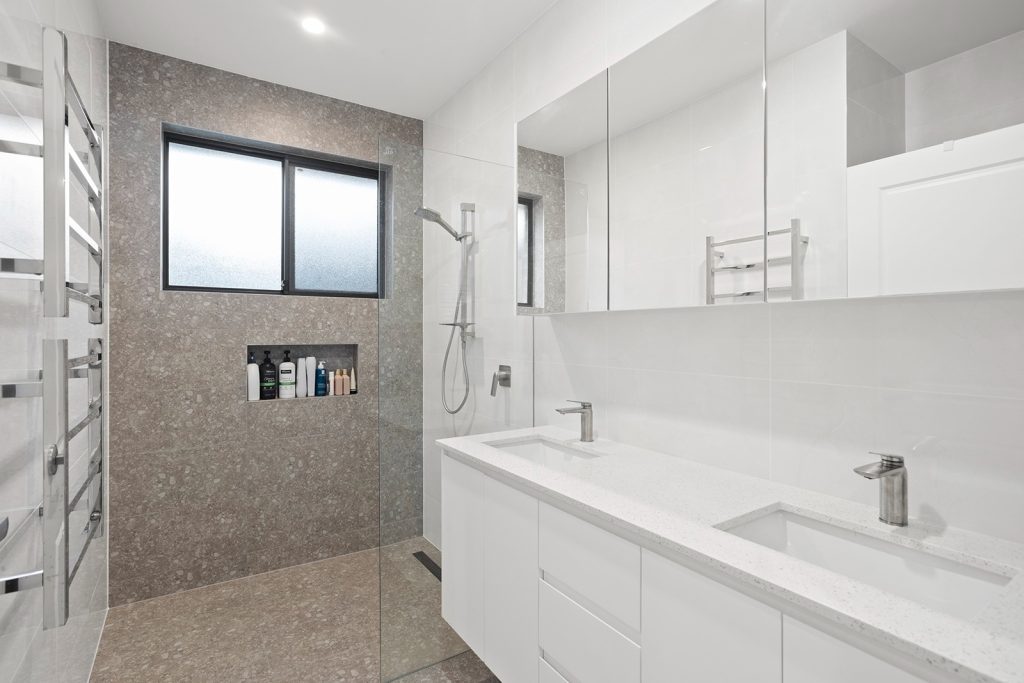
The Garage: More Than Just Parking
The attached garage is a testament to the villa’s functional design. Beyond providing shelter for vehicles, it offers additional storage space, a workshop, or even a home gym. Its seamless integration with the main house—matching rooflines, materials, and colors—ensures it enhances rather than detracts from the property’s aesthetic. For families with multiple cars or outdoor gear, the garage is an invaluable addition, adding convenience and value to daily life.
Conclusion: A Home for the Modern Age
The Light Steel Villa is a masterpiece of design and engineering, where European-American elegance meets cutting-edge technology. Its 50-year structural lifespan, energy efficiency, and sustainable practices make it a wise investment for the future. Whether you’re drawn to its seismic resilience, acoustic comfort, or the convenience of the attached garage, this villa offers a lifestyle that is both luxurious and practical.

In a world where homes must balance beauty, safety, and sustainability, the Light Steel Villa stands out as a model of modern living. It proves that with the right technology and design, a home can be more than just a place to live—it can be a legacy.
 EMAIL : info@hig-housing.com
EMAIL : info@hig-housing.com




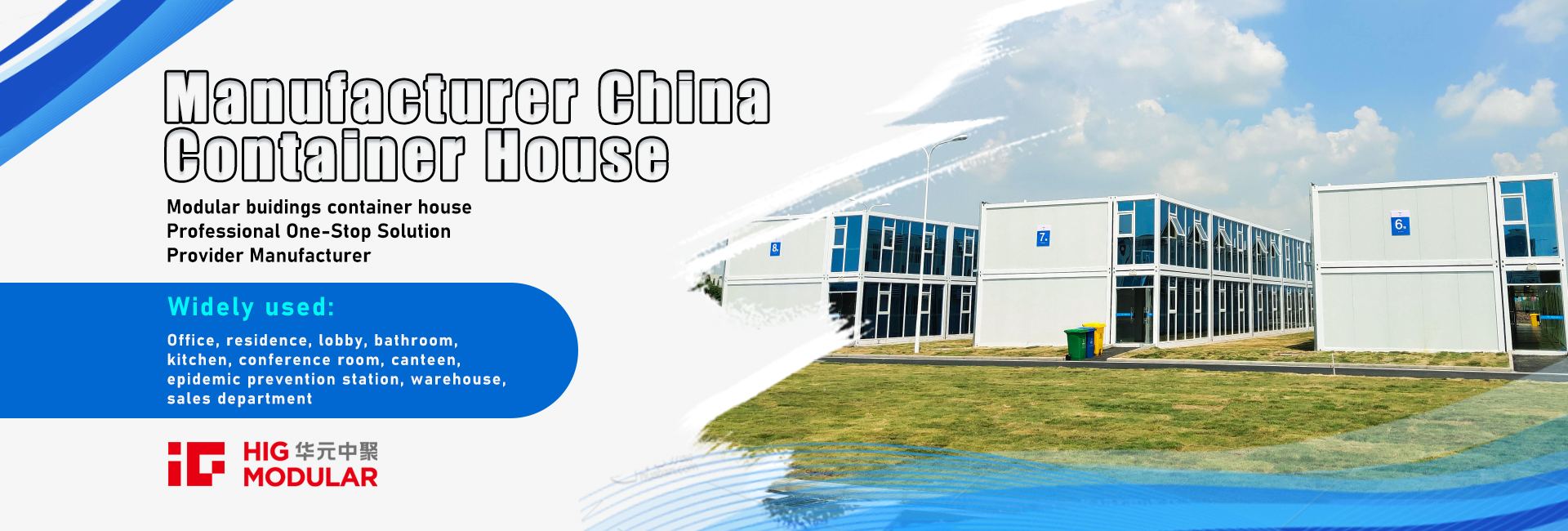
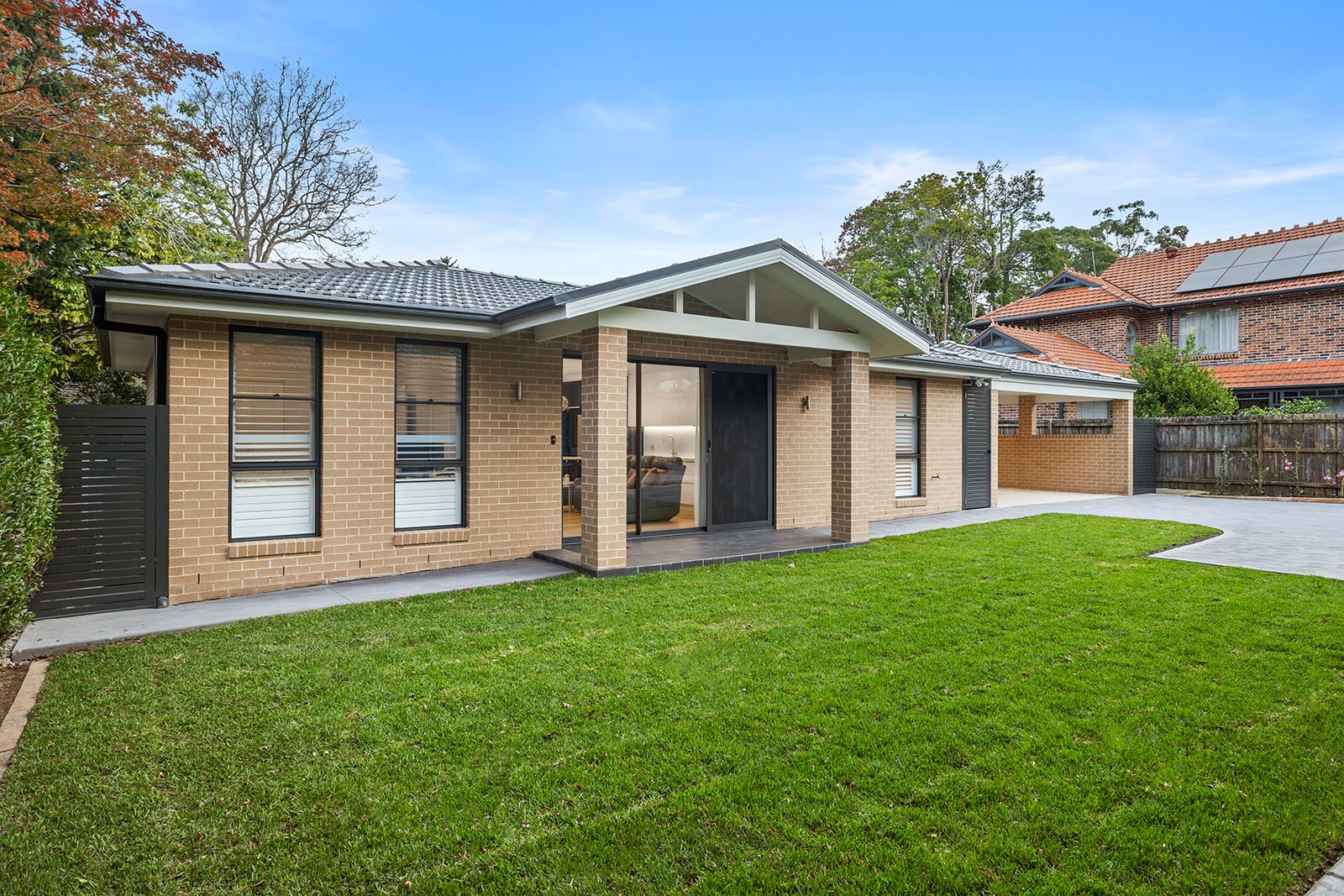







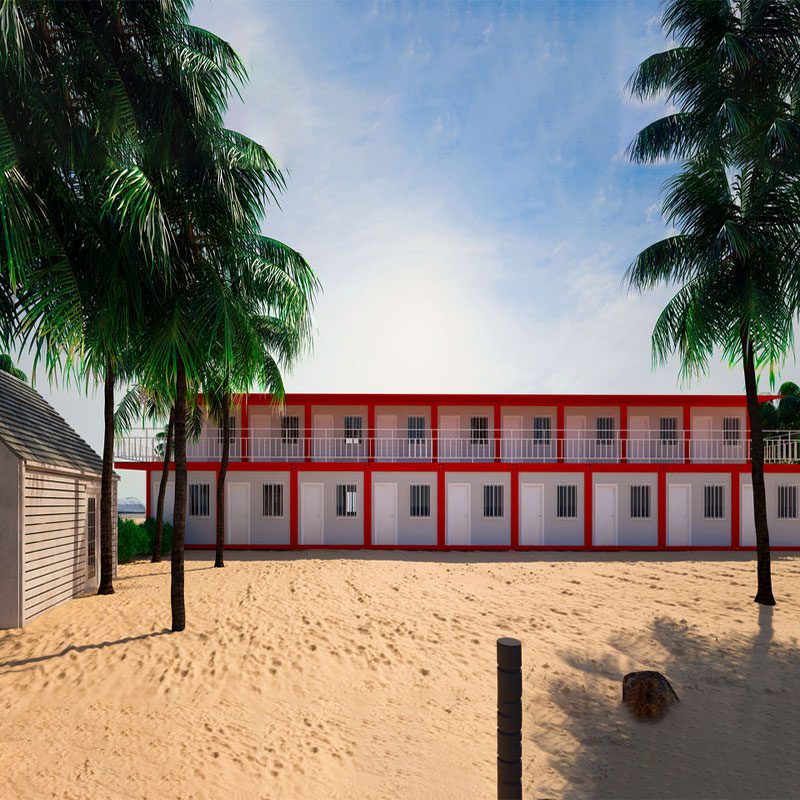

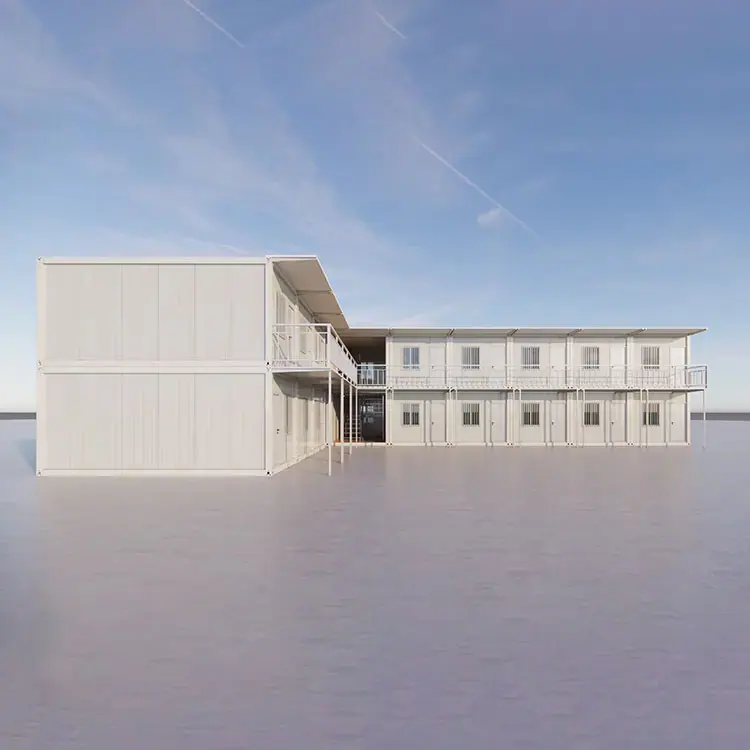
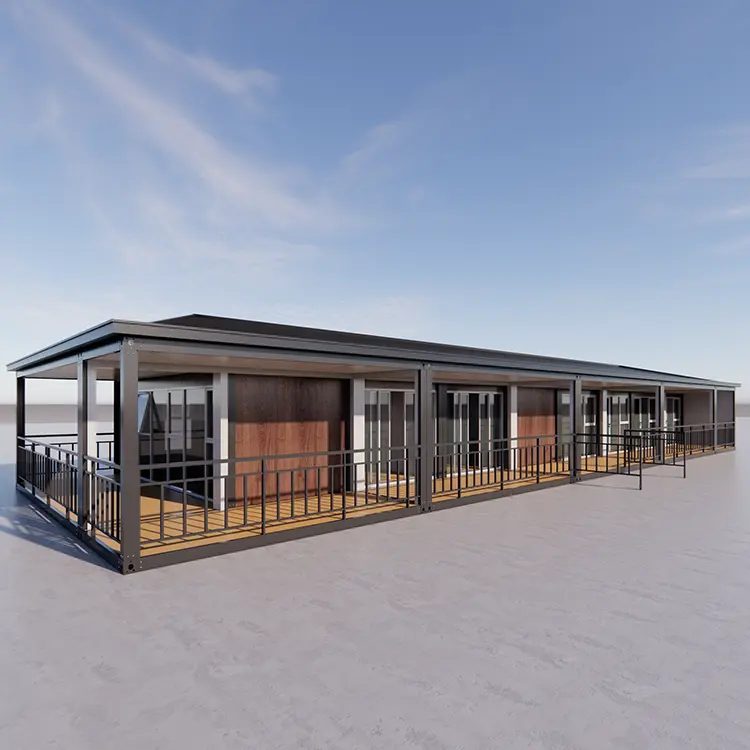
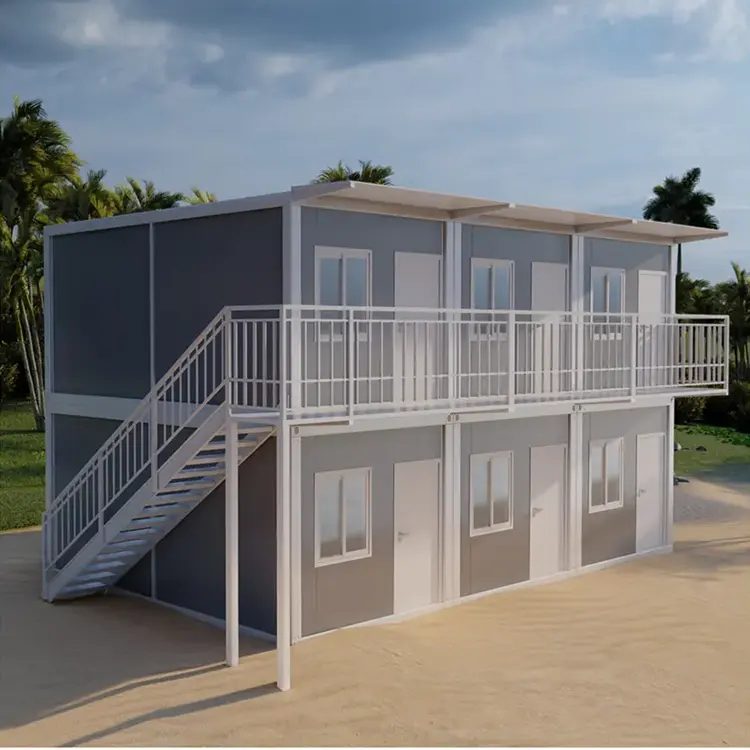
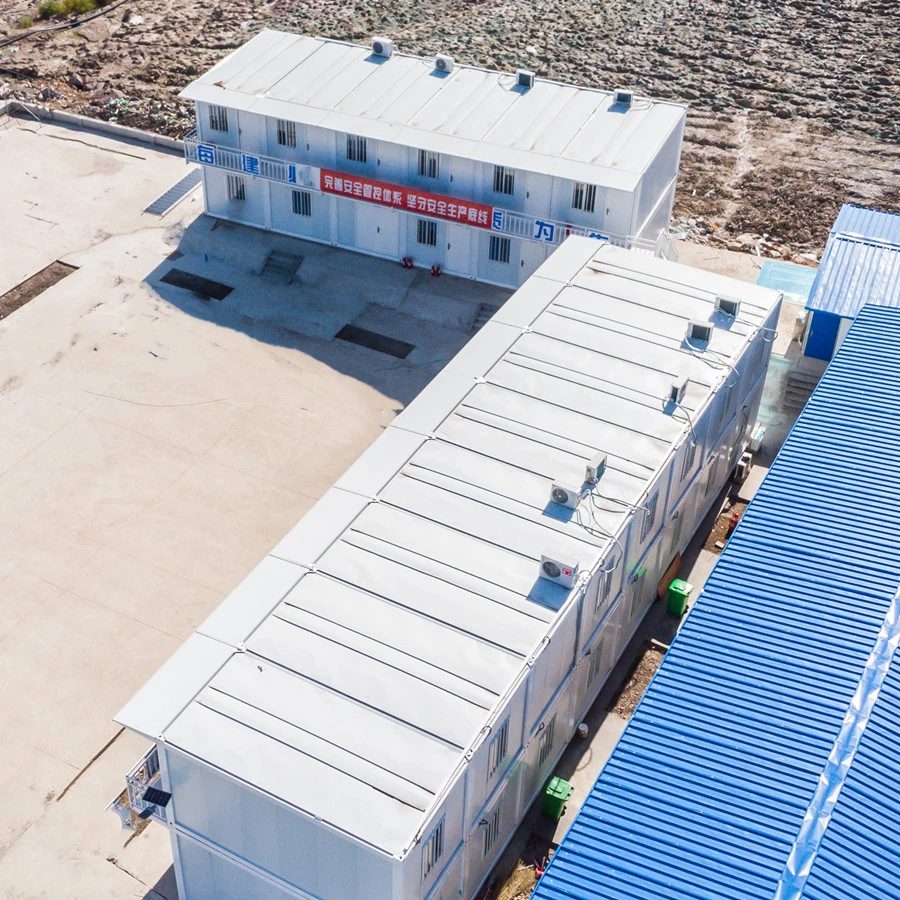
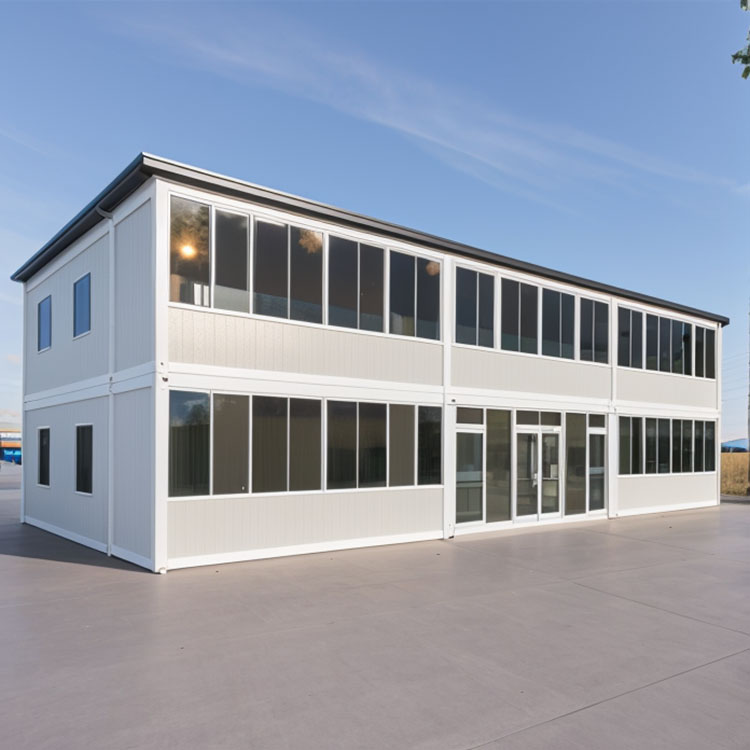
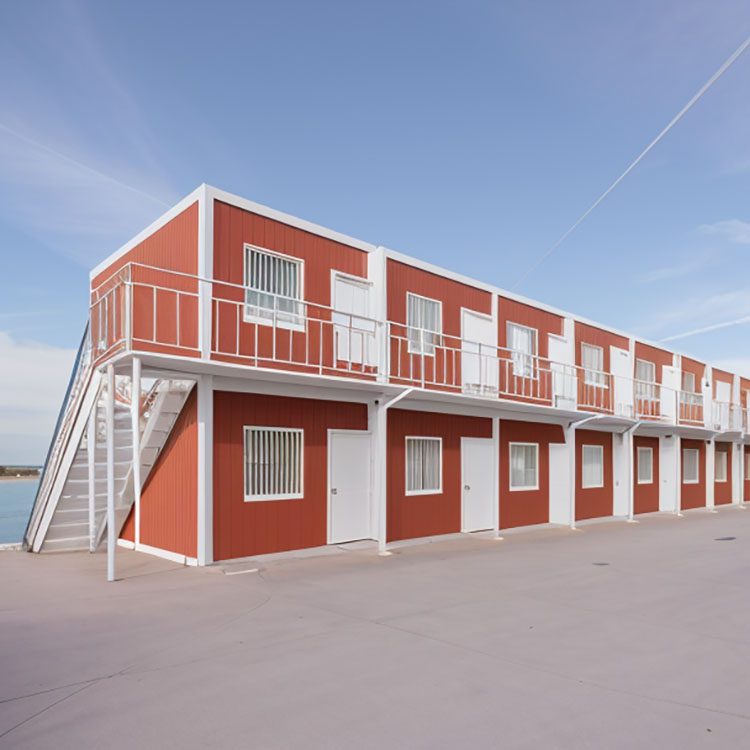
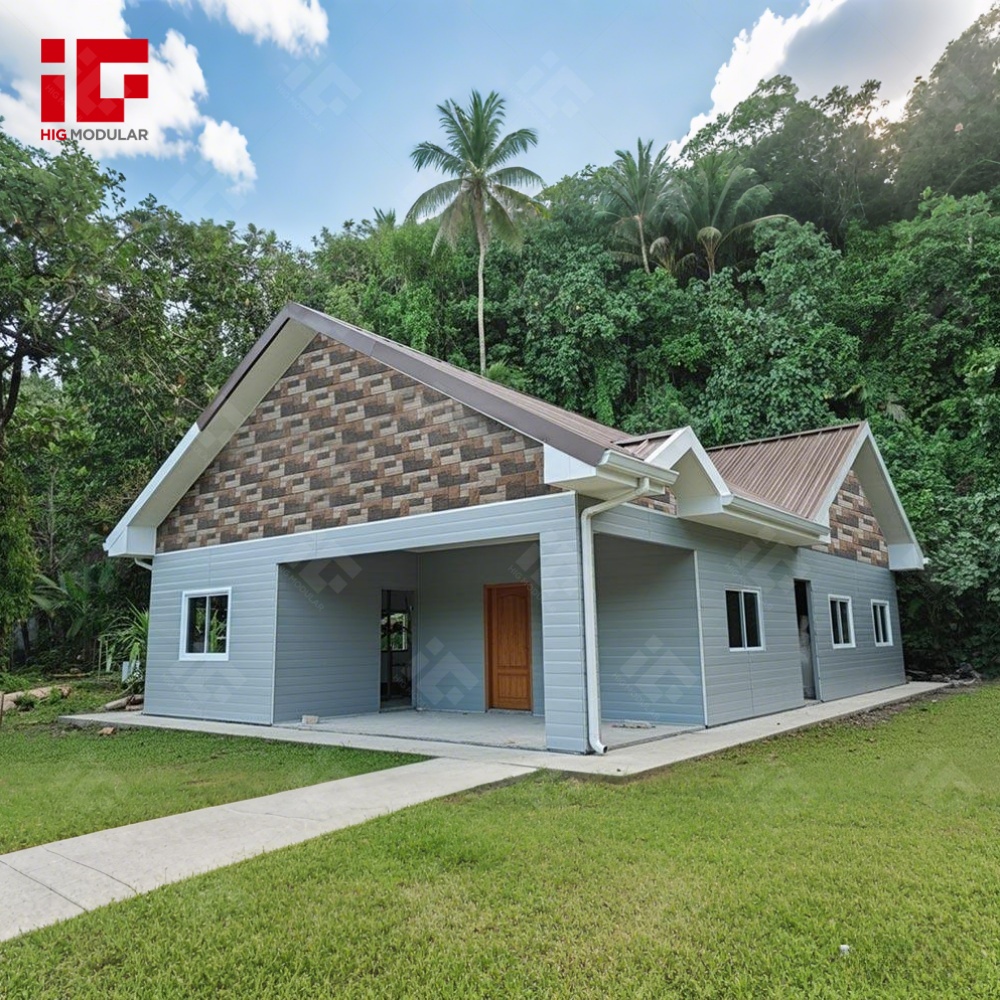
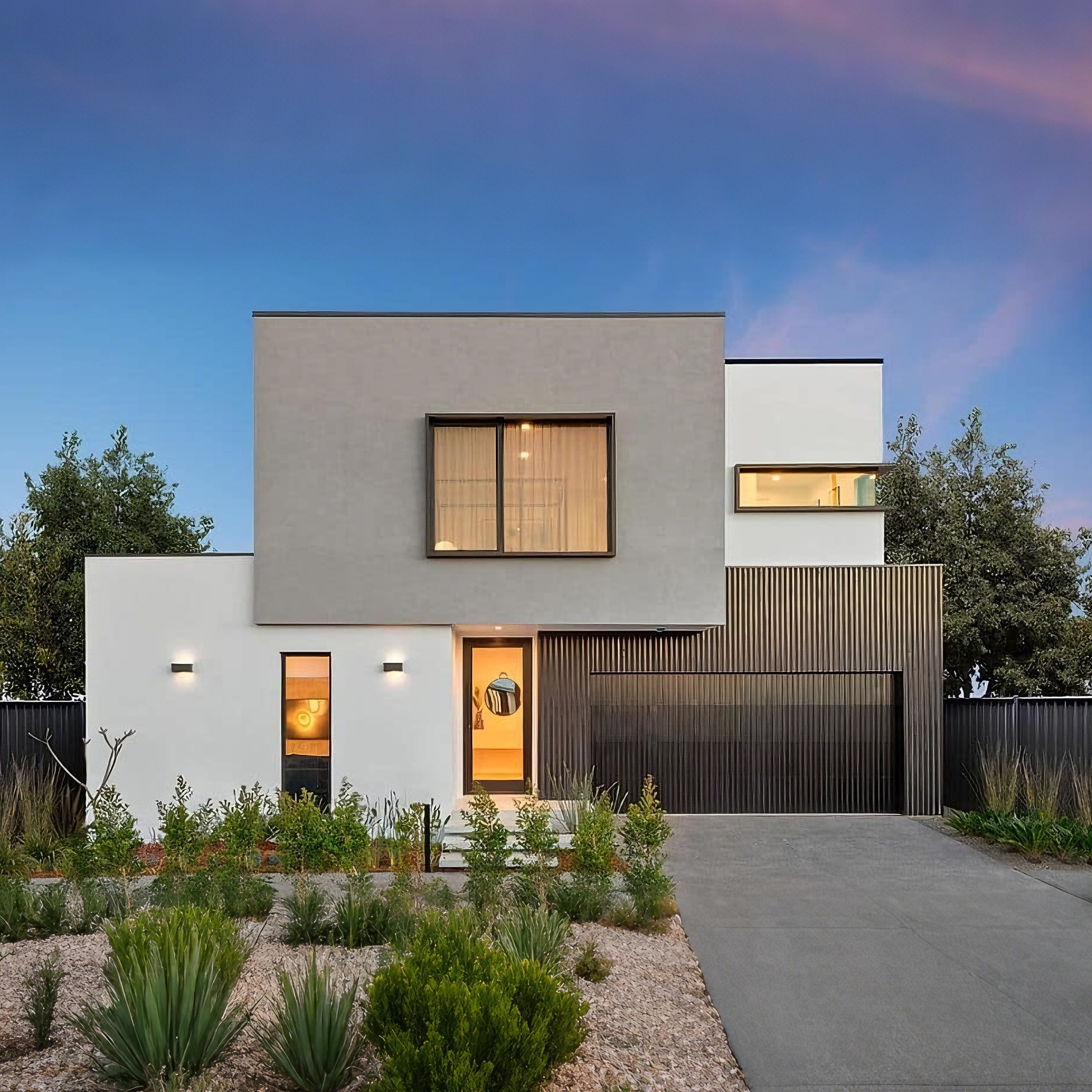
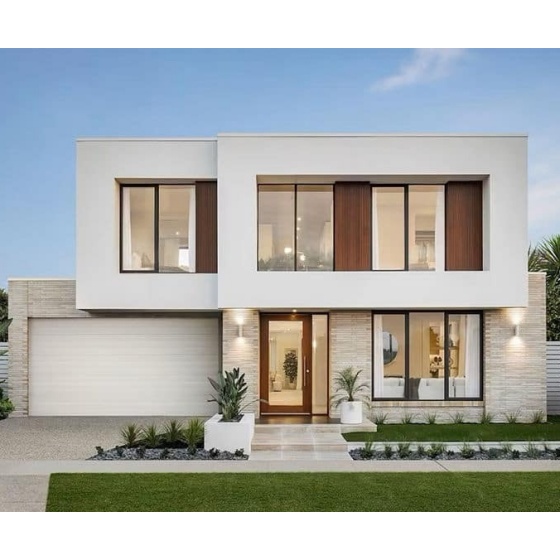
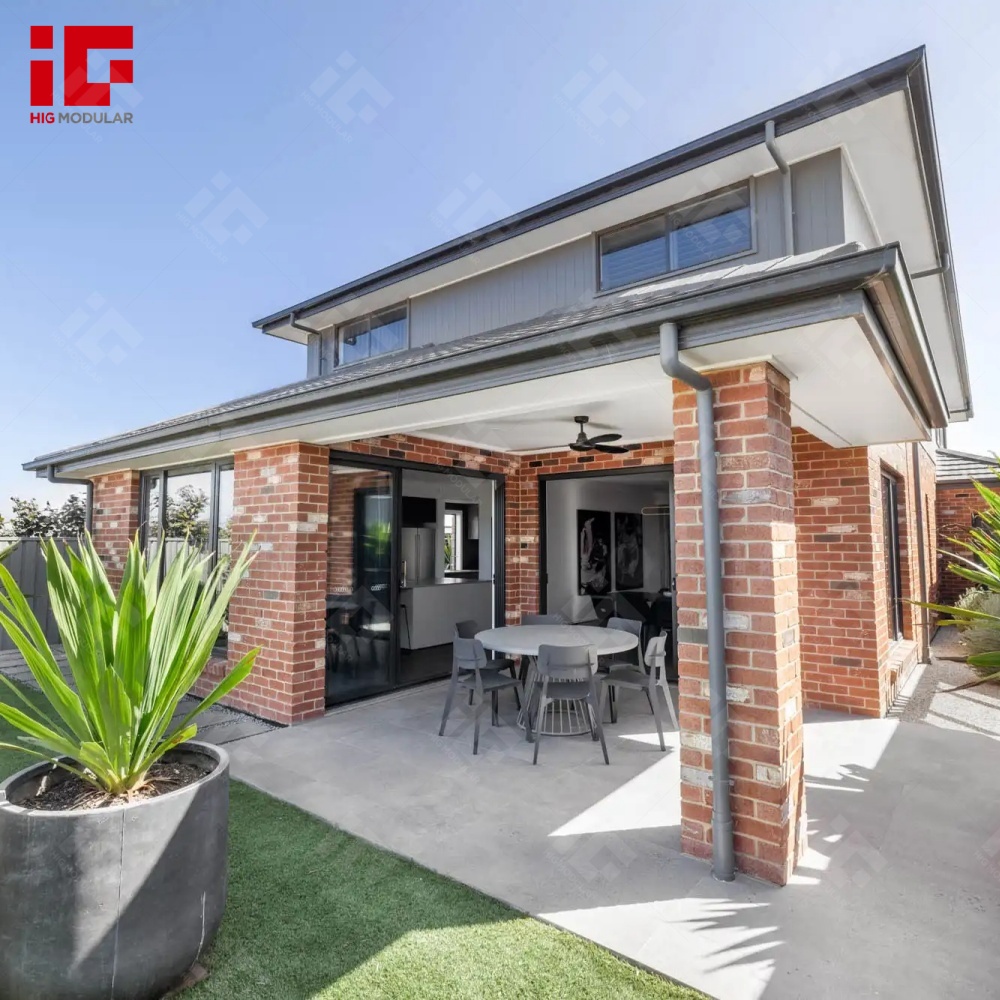
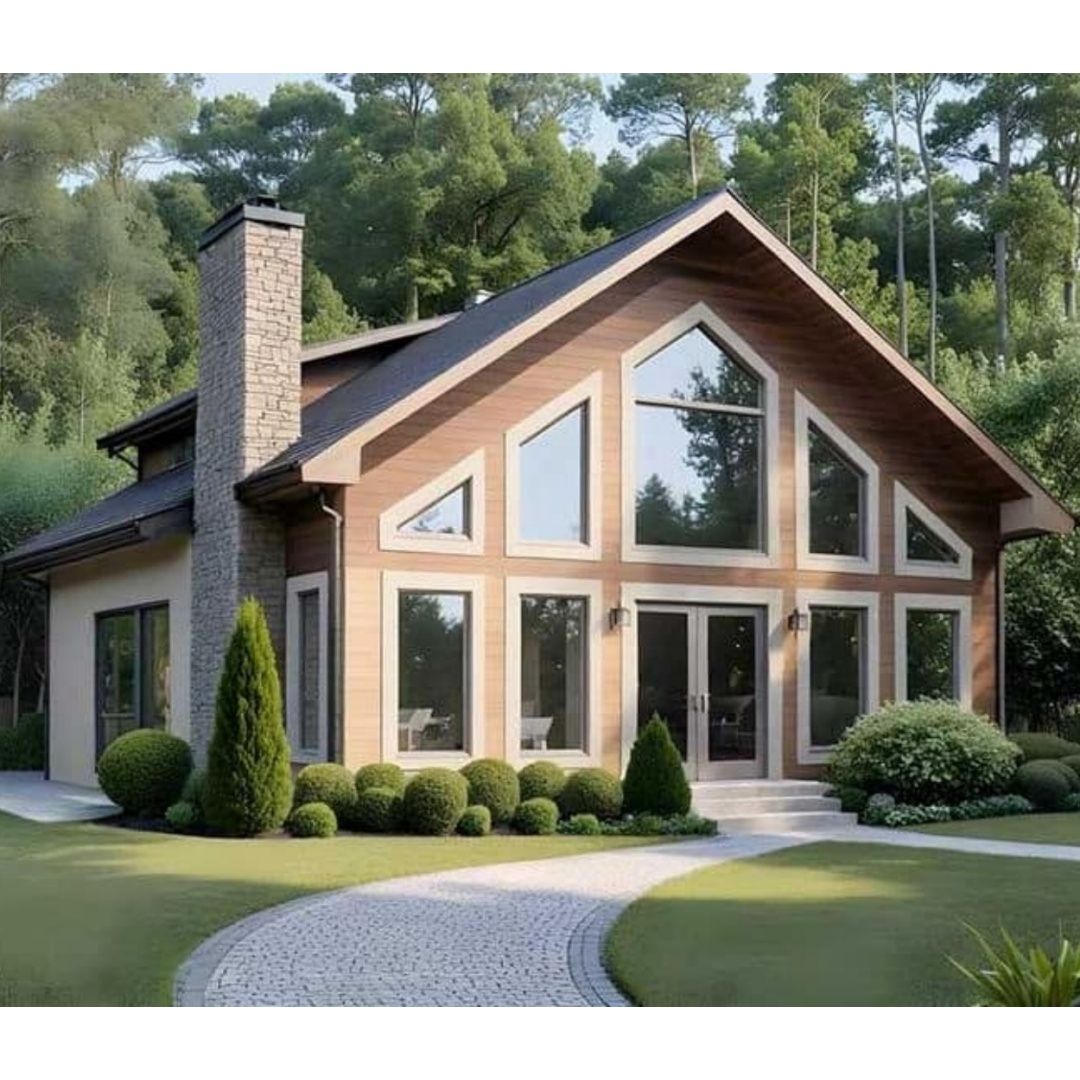
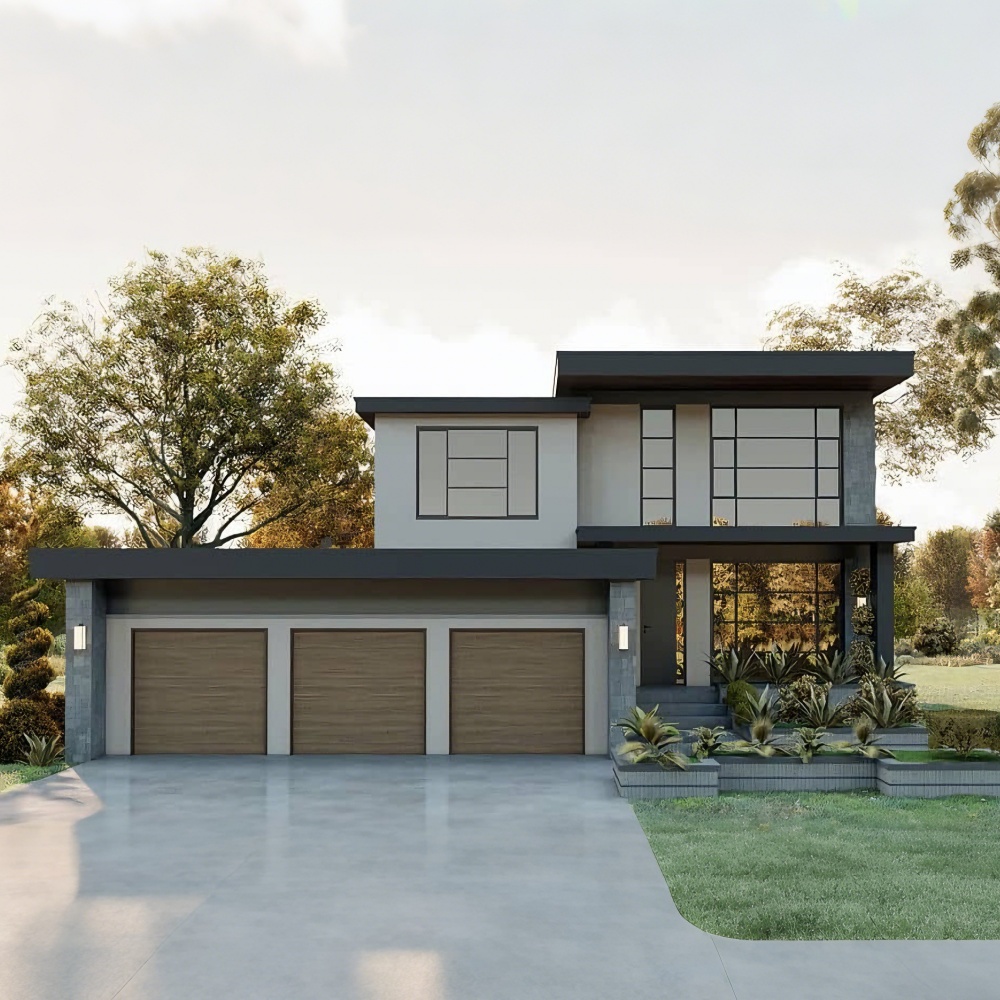
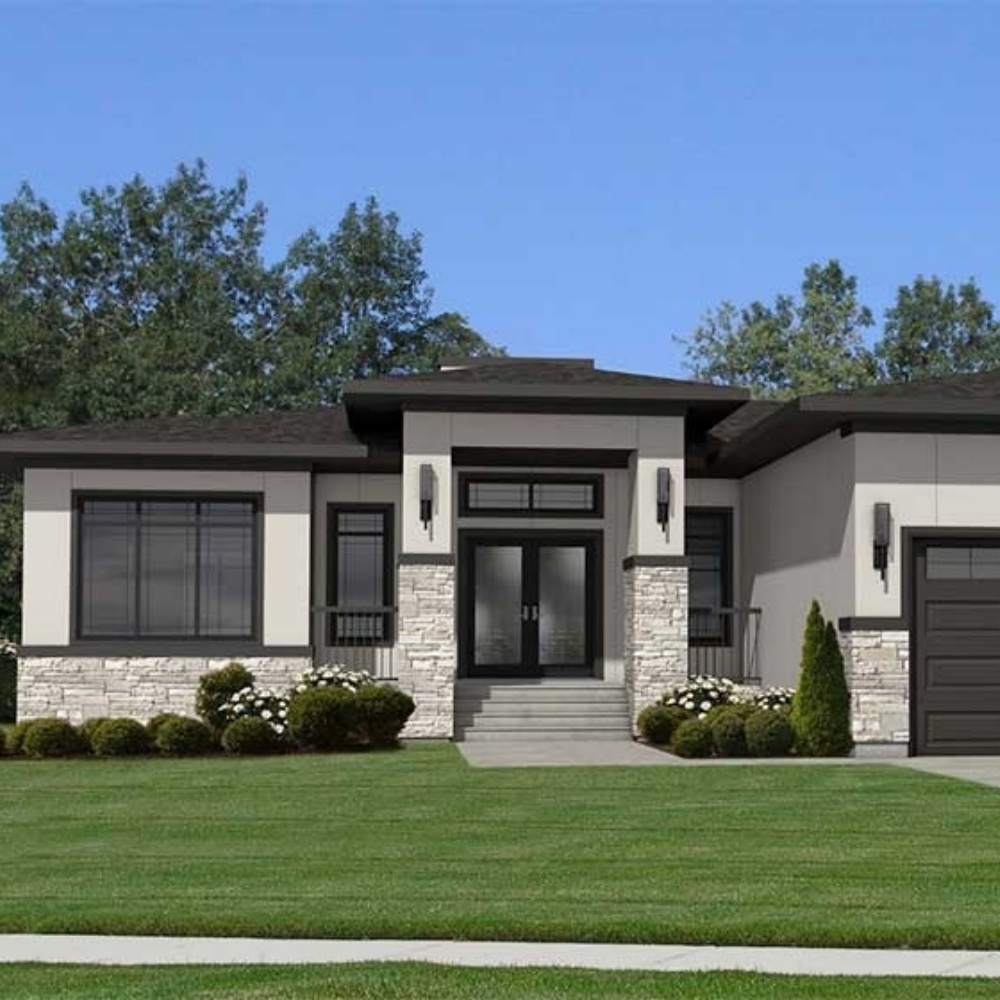
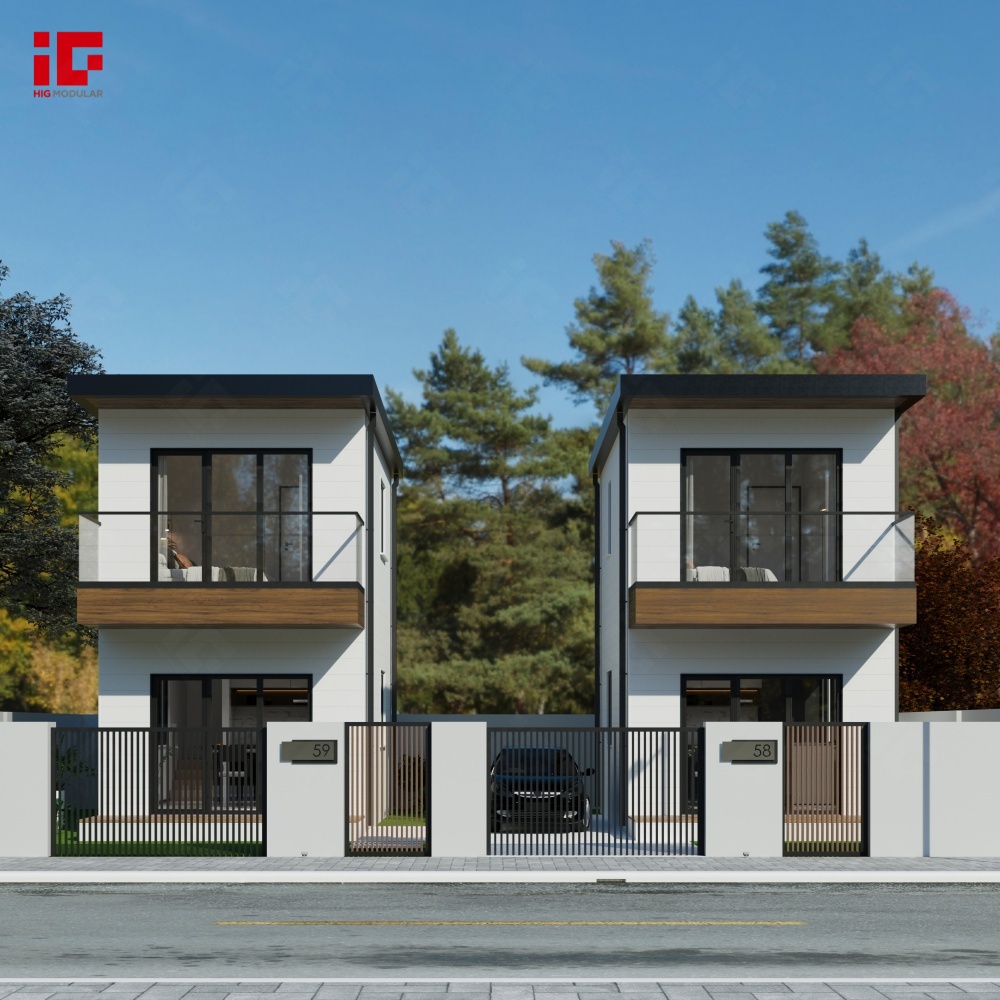
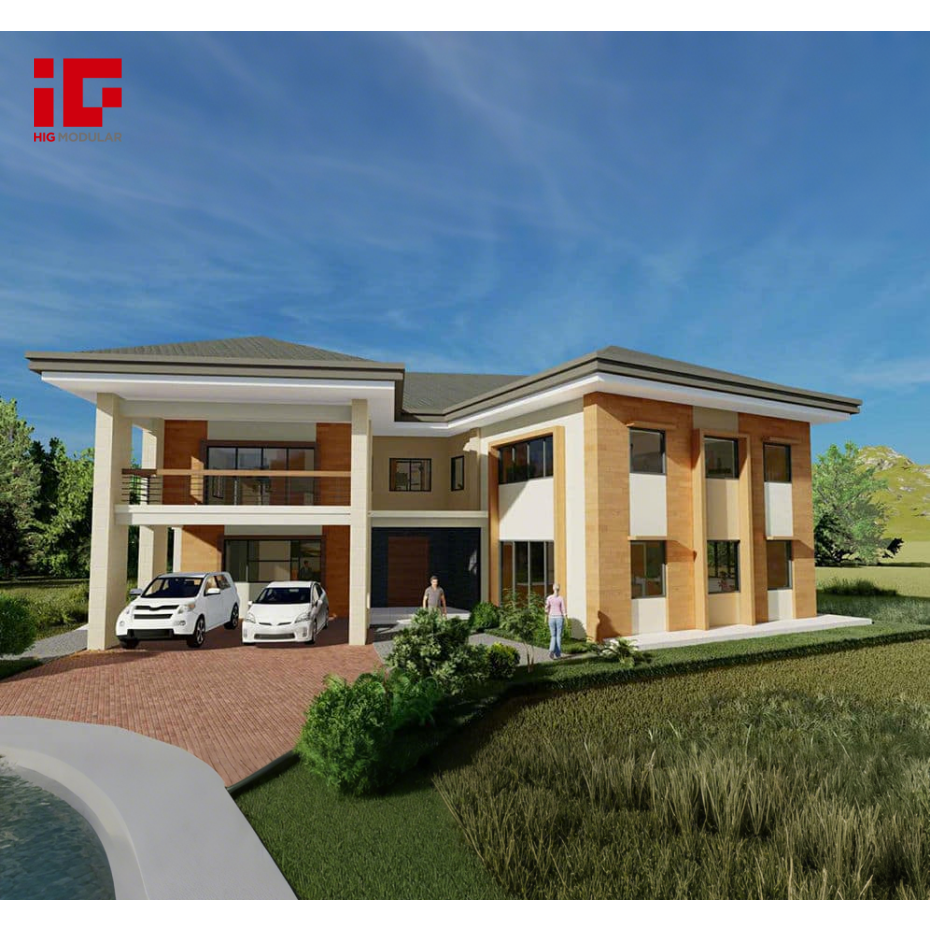
 IPv6 network supported
IPv6 network supported

